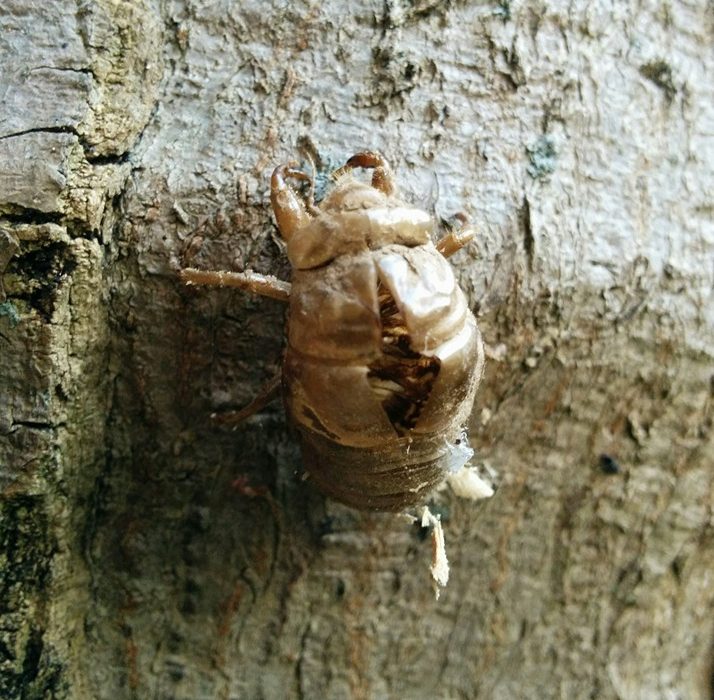I Am Not a Computer
By
Joseph Anthony
“You must
unlearn what you have been programmed to believe since birth. That software no longer serves you if you
want to live in a world where all things are possible.”
–Jacqueline
Purcell
Someone
posted this on my timeline recently and with no disrespect intended to its author, I was immediately struck with antipathy
towards it. As I reflected on why, my
feelings became clearer, as I have had similar thoughts and feelings in the
past about such ideas. I think I have
them clear enough to share. At least, I’ll try.
I am not a
machine. My mind is not a computer. I much prefer to imagine my mind as a garden,
a vast network of soil, herbs and flowers, whose roots mingle with yours and
with the Divine’s. A place of beauty and
mystery, wonder and creativity, a rich tapestry of land with golden harvests of
possibilities where the fruits of meditation, discipline, and prayer blossom to
be shared and enjoyed by all.
And that’s
just the beginning, the poetic beginning.
Every time we compare our minds with a computer we distance ourselves
from ourselves and the natural world around us. And the space that occupies this distance
devolves into fears, superstitions, and apathy.
My mind is
not a hard drive. My beliefs are not
software. My mind is not
programmable. To keep such analogies in
our mind’s eye makes us look at the world more impersonally, less human, less
feeling. We are no longer responsible for ourselves. After all, someone “programmed” us. And since computers can’t program themselves then we wait, victims, until someone solves our bugs.
As a garden,
any unwanted crops may be removed.
Sometimes weeds need removal.
Cultivating an inner garden stirs more of a sense of devotion and life
than having to defragment your mind to remove limited beliefs. Cultivate the flowers you want. Graft the trees of your imagination’s orchard
with those of like-minded friends. Grow entirely
new fruits. The flavors and nutrients of shared ideas are limitless.
Some might
argue that I am being nitpicky. Perhaps
I am. However, I believe we believe what
we say to ourselves all day long. I
understand computers mean so much to us in today’s world. I am very grateful for them. I am not anti-technology. It’s just that metaphors and analogies are
made up of words and images and these are both living things. What images and words do you want living in
your head, your heart, and your body? Are
you a robot? An automaton?
You might
not think this matters, but look around you.
Look at people as they walk the streets, ride the bus, sit around tables
at restaurants. We rarely look at each
other nowadays. We rarely listen. Our
ears hold ear buds, our gaze is turned downwards at little screens. This is all due, in part, to identifying
ourselves with these machines. We always
want to be one with ourselves and those around us. We instinctively seek union. And we do that with what we feel drawn, close to,
like. And if we identify with our minds
as being portable programmable computers and hard drives, then, of course, we
would look away from one another and towards the objects of our imaginations.
Lastly, these mechanistic images lead us away
from intimacy with the earth. They
depersonalize us and separate us further from the planet. And that’s the last thing our dear Mother
Gaia needs. She needs us touching her,
believing in her, healing her, nurturing her, helping her breathe.
This moment and
this earth are not virtual reality. This moment
and this earth carry the essence of all that we are. They are alive. They are ever pregnant, ever giving birth, ever absorbing the seeds of new
ideas and inspirations. If we think of them as mechanized or computerized, we
will not want to touch them or become intimate with them. We will move further and further away and
wonder why we are lonely.
So the next
time someone says your mind is like a computer, imagine it instead like a
garden, or an ocean, a lake, a field, or a forest. Let these images draw you closer to yourself,
to the earth, and to others. You will be
surprised at the beauty, the fragrance, and the infinite possibilities of
oneness that bloom and spread from such active, living imaginations.
PS: Not
everything we learned as children needs to be unlearned. The majority of our lessons still benefit us,
even the painful ones. Plant new
beliefs, cultivate new desires, weed out any that you no longer want, but if
you uprooted them all, well, you’d have an empty garden.
“Metaphors are not to be trifled with. A single metaphor can give birth to love.”
–Milan Kundera
Copyright Joseph Anthony of the Wonder Child Blog
